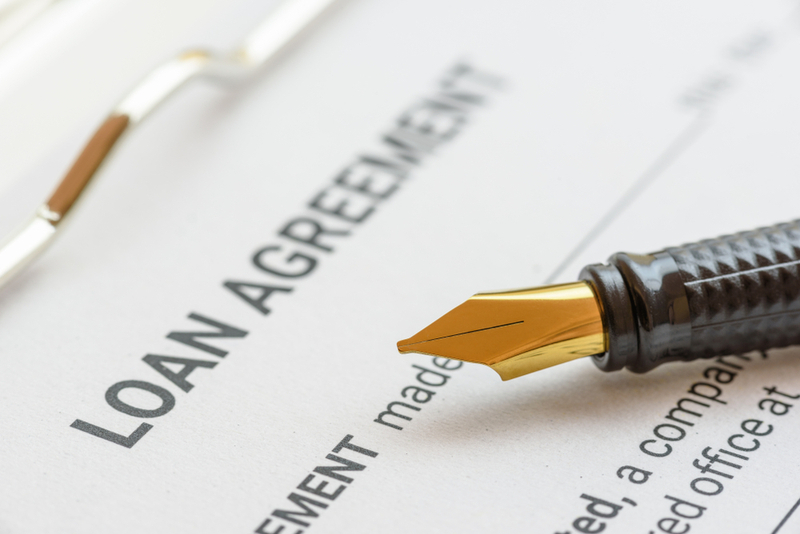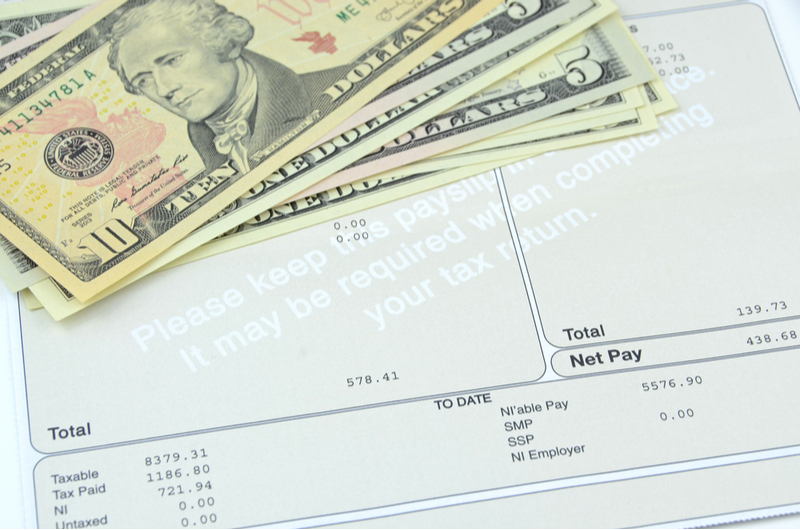Emergency Payday Loans
With so many expenses to keep in check, it is common for individuals to face some form of unexpected financial distress. Although some consumers are able to rely on their savings or lines of credit when faced with unforeseen expenses, this is not the case for many individuals across the US. An emergency payday loan can be viable resources to mitigate monthly expenses and to cover immediate cash needs. In fact, over 12 million Americans utilize such loans each year. But while payday loans can provide financial relief, there are a few things those considering such loans should keep in mind.

How to Get an Emergency Payday Loan
Emergency payday loans are short-term unsecured cash advances that may be viable solutions for your fast cash needs. These sources of cash are typically taken out for two to four weeks and are expected to be repaid in full by the time of a borrower’s subsequent paycheck. Borrowers are also expected to pay all accrued interest at the time of repayment. Borrowers are limited on the amount that can be taken out, based on state laws and lending restrictions. Individuals can apply for payday loans at physical lenders or online.
Before beginning an online application, potential borrowers must first make sure that they meet all the necessary criteria and can present all the required documents to their lender. Requirements typically include a form of identification, proof of residency and income, and in some cases, proof of a bank account in good standing.
Once eligible applicants have gathered all the necessary forms they will need to present, they can complete an online application, which can take anywhere between 15 and 60 minutes. The application completion time will differ based on the specific lender and applicant in question. Once an application is completed, the lender will then carefully review all the information and make a loan decision. If approved, borrowers can access their funds within two to three business days.

Can I Get an Emergency Payday Loan with Bad Credit?
A credit score is often used as a primary form of customer evaluation by banks and other traditional lending systems. This means that lenders and banks are more likely to reject bad credit score holders and to accept applicants with good credit scores. Potential borrowers with higher credit scores are typically considered to be more reliable applicants that hold the monetary capabilities to repay the loan amounts borrowed.
A credit score is an assessment of your credit history that reflects your past financial transactions, from credit cards to savings account and even monthly bill payments. Credit scores provide lenders with a general overview of your financial competencies and tendencies.
Although some short-term loan seekers may desire to locate payday loans online with no credit check, such products are not entirely reliable. Direct lenders will, in fact, typically need to perform a credit check to determine how likely it is that an applicant will pay back their loans. This is why instant approval payday loans are also not a trustworthy form of a cash advance, since all lenders need to input a significant amount of time to complete their checks. Nevertheless, emergency payday loan lenders may not solely depend on your credit score to finalize their loan decisions; lenders will also consider your income and banking information.
What You Need to Know About Emergency Payday Loans
Although payday loans may be more flexible than traditional loans or credit from conventional banks, there are a few misconceptions about such short-term loans. Here are some things those thinking about taking out payday loans should keep in mind.
Speed
Fast online bad credit payday loans can be requested online. Payday loans are for short-term emergency cash needs, but lenders will take the time needed to vet applicants. Fortunately, that does not take long at all. If an applicant is approved, it can take as little as one business day to fund the loan. In this way, short-term loans are one of the fastest ways to get quick cash during an emergency.
Minimal Requirements
Some banks have extensive lists of requirements that make loans more difficult to attain. But while payday loans may have more flexible terms and conditions than traditional loans, there are still requirements to be adhered to by borrowers and lenders alike. In addition to lender-specific requirements, there are state laws that dictate how much can be borrowed, how much can be charged in fees, and how long loans can be taken out for. Consumers should be sure to read up on their state’s rules and regulations before opting for a payday loan.
No Collateral
Some loans require borrowers to present an asset to back up the amount taken out. Payday lenders do not expect individuals to present a form of collateral when borrowing a loan. It should be noted, though, that payday loans are taken out against a future paycheck.